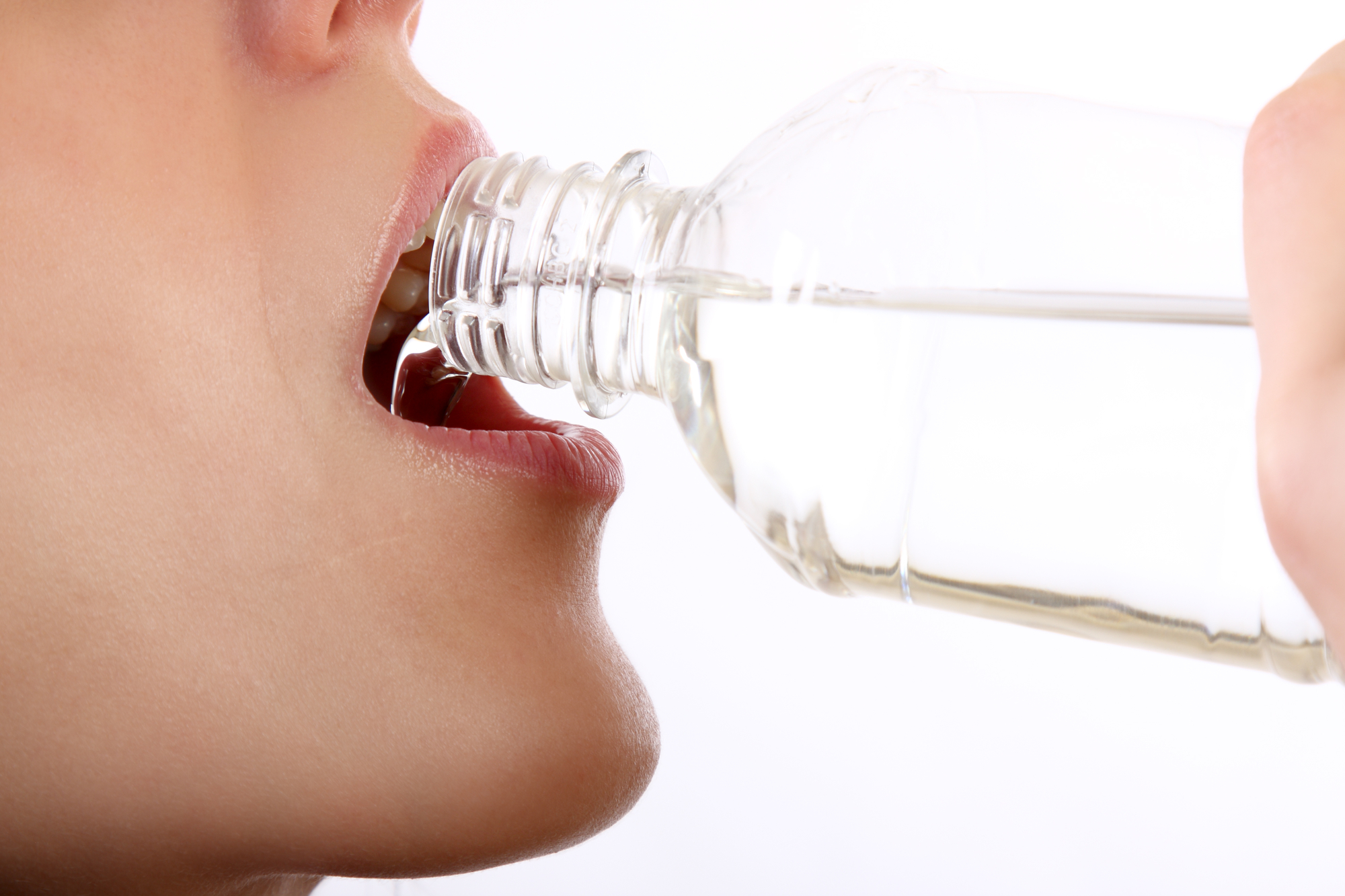Back to School Tips from Your Dentist
After a care-free, relaxing summer, back-to-school season brings a lot of change for families everywhere. While you're busy shopping for school supplies and organizing schedules, there's one aspect of your...

Our mouths aren’t supposed to be dry. So when we experience dry mouth, it can be pretty uncomfortable. What’s more, dry mouth can cause more problems than you may think.
Keep reading to find out more about what dry mouth is, what causes it, and what you can do to help alleviate the discomfort of dry mouth and make sure your oral health doesn’t suffer as a result of dry mouth.
Also known as xerostomia, dry mouth occurs when there is not enough saliva to properly moisten the mouth. Saliva is produced by salivary glands. When these glands don’t produce enough, the result is dry mouth.
As its name implies, the primary symptom of dry mouth is a dry feeling in the mouth. Other symptoms include:
The discomfort associated with the symptoms of dry mouth can be significant, and as a result, your quality of life can suffer. In addition, saliva is important for your oral health. Saliva helps to keep your mouth clean. When less saliva is present, chances of tooth decay and gum disease increase.
A common acute cause of dry mouth is dehydration. Not having sufficient water intake means your body cannot effectively produce saliva. Shoot for six to eight 8 oz. glasses of water per day.
Several medical conditions can cause dry mouth. Some of these health conditions include:
Many medications, or other medical treatments, such as cancer treatments, can cause dry mouth as a side effect. Some other common medications that can cause dry mouth are diuretics, antidepressants, and antihistamines.
Certain bad habits can cause dry mouth, as well as other health consequences. This is one more reason to add to the long list of why you should quit smoking, chewing tobacco, and vaping.
An obvious way to help with dry mouth is to drink plenty of water. Your body needs moisture to create saliva. If you are suffering from dehydration or if you are taking a diuretic medication, for example, drinking more water should help with dry mouth. Choose water over other drinks to avoid added sugar or the diuretic effects of caffeine and alcohol.
Humidifiers add moisture to the air. Try using a humidifier in the spaces you spend the most time, such as your bedroom or office, especially during dryer times of year.
If you have a medical condition that is causing your dry mouth, the most effective thing you can do will be to seek treatment for your condition.
If one of your medications is causing significant dry mouth and it is affecting your day-to-day life, talk to your doctor about possible alternatives.
Your doctor or dentist may be able to help alleviate dry mouth. Treatments such as rinses, sprays, special toothpaste, or mouthwash exist to treat chronic dry mouth.
Also, make sure you are taking exceptional care of your teeth and gums. Brush twice a day and schedule your regular dental appointments to make sure your dry mouth isn’t causing damage to your teeth. And, of course, if you have questions or need help managing your dry mouth, schedule a dental appointment today.